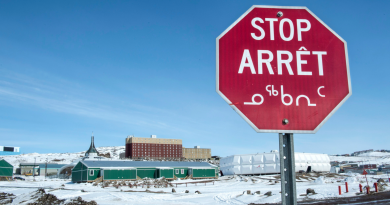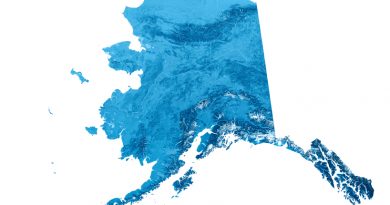Non-fiction book about inuk residential school survivor from Atlantic Canada attracts readers in Poland
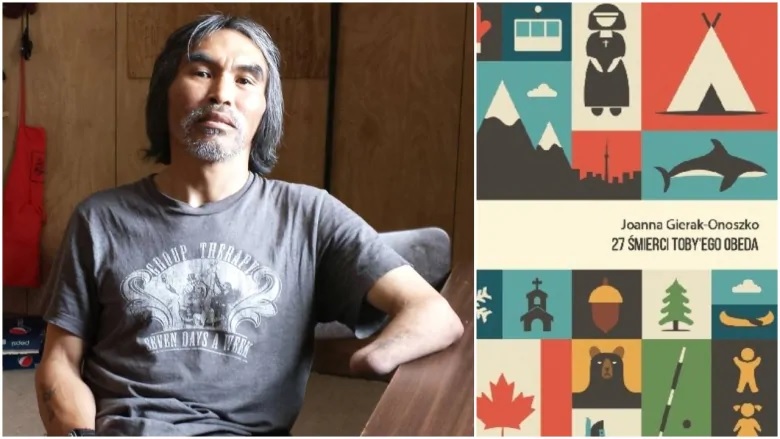
Poland is half a world away from the legacy of residential schools, but to the author of a new book chronicling that part of Canada’s past, “it’s a universal story of sin and a crime without punishment.”
27 śmierci Toby’ego Obeda, or The 27 Deaths of Toby Obed, is selling out of bookstores in Poland according to author, Joanna Gierak-Onoszko.
“It’s been out for six weeks now and it’s already been hailed the best or the most important non-fiction book in Poland this year because it carries a story that’s been totally unknown here in this part of the world,” she said in a phone interview from Warsaw.
“She didn’t lie to you,” Polish literary critic, Michał Nogaś, confirmed.
“It is really one of the books I will remember of 2019. It’s an overwhelming debut and really one of the best books written by a Polish author and published here.”
But, how?
Gierak-Onoszko was thumbing through a newspaper while working for a weekly Polish magazine in Toronto when she came across a photo of Toby Obed on stage with Justin Trudeau.
It was November 2017 and the Prime Minister was in Happy Valley-Goose Bay apologizing for Canada’s role in residential schools in Newfoundland and Labrador. Obed, the lead plaintiff on the case that led to a settlement for Labrador survivors, was accepting Trudeau’s apology.
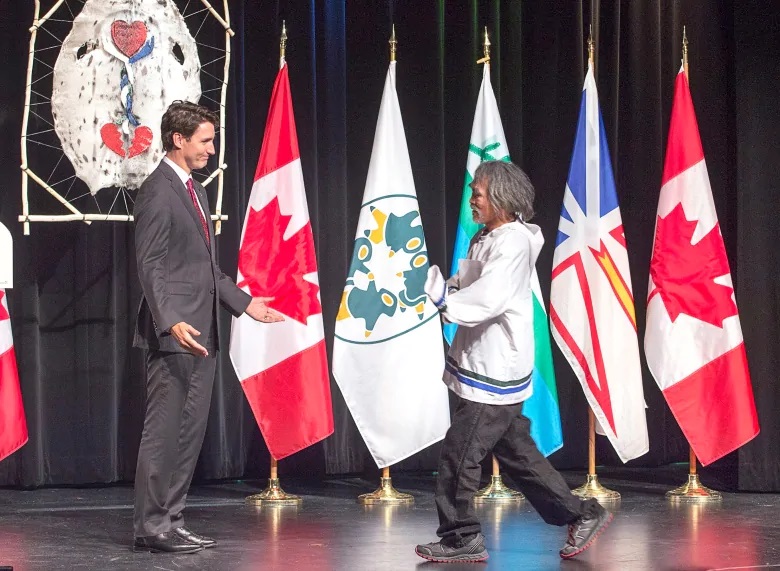
Gierak-Onoszko had never written a book before, but knew she wanted to share Obed’s story with her country after seeing that picture.
“When she messaged me I wasn’t quite sure who she was, or what was going on, or why she was asking,” Obed said.
Gierak-Onoszko had written Obed on Facebook, but he didn’t answer right away. She eventually tracked him down by calling around Hopedale, where he lives.
The pair would spend hours on Skype, poring over all of Obed’s past.
They talked about how he was taken from his parents in Hopedale and shipped to residential school in North West River at age four, about the abuse he suffered at school, and about his time in foster care afterwards.
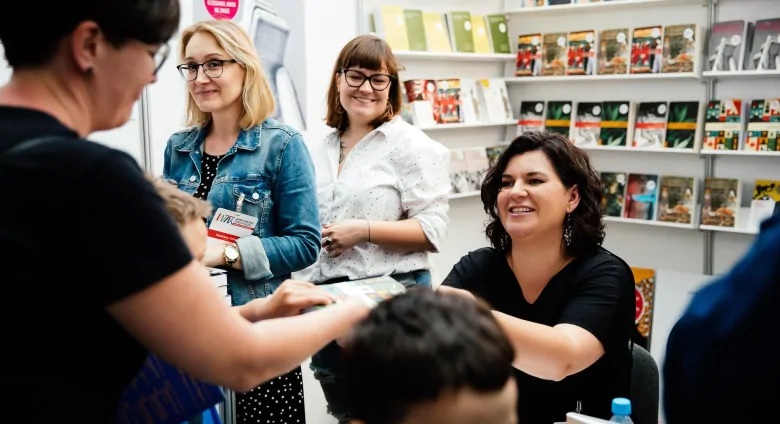
“My book’s title is The 27 Deaths of Toby Obed which represents the 27 curves and obstacles he’s had to overcome in his lifetime,” Gierak-Onoszko said.
She interviewed survivors from other parts of Canada as well, but Obed is the book’s main character.
“To me Toby is kind of an invincible figure. He’s like a phoenix, he’s always rising from the ashes,” she said.
“He’s a super hero that Canada can be proud of.”
A quiet popularity
Nogaś, the critic, said the book has a quiet popularity in Poland.
It didn’t make a big splash right away because it’s Gierak-Onoszko’s first book and she isn’t a household name, he said. But people are recommending it to their friends and sharing it on social media.
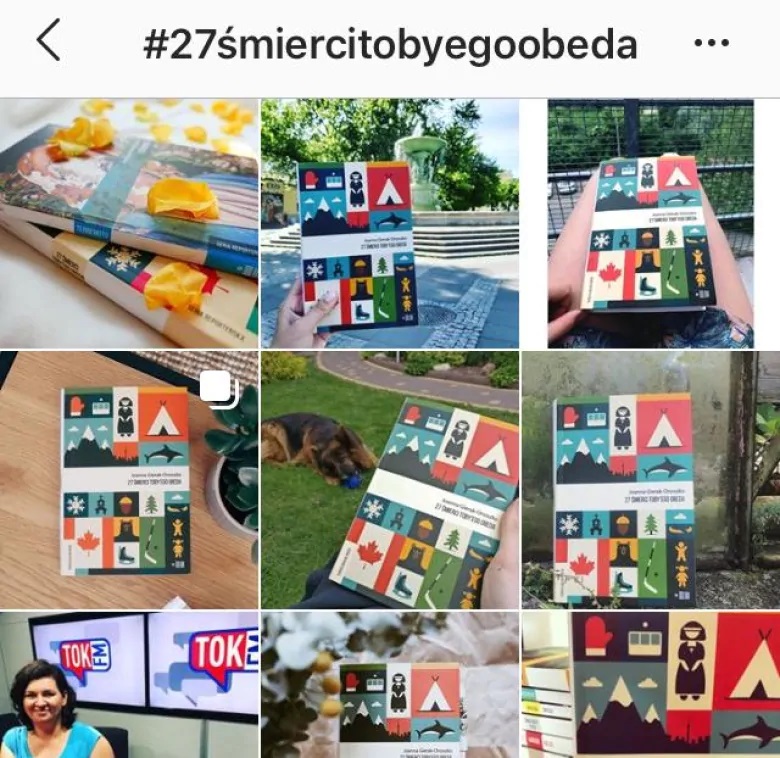
He said The 27 Deaths of Toby Obed caught his eye because it was published by a small but important publishing house that prints books by journalists.
He contributes some of its success to shock value. According to him, Poles think of Canada as a smart and liberal country with a “handsome Prime Minister.” He said people didn’t know about Canada’s dark past.
‘We also have our own stories’
The author figures relatability played a factor too. Poland is largely Roman Catholic and similar clergy abuse has recently come to light there.
“We also have our own stories of kids being incarcerated in schools and being victims of different priests and nuns abusive actions so the history of Toby and other survivors that’s moved from being a victim to being a survivor — that have moved from being a helpless child to being a courageous adult — is something we can all learn from and grow from,” Gierak-Onoszko said.
“So I think that although it’s a very local story, it’s a very Canadian story, it’s also a great handbook for Poland and other European countries on how to embark on reconciliation.”
Gierak-Onoszko sent Obed a copy in the mail, even though the book hasn’t been translated into English, and Obed can’t read Polish.
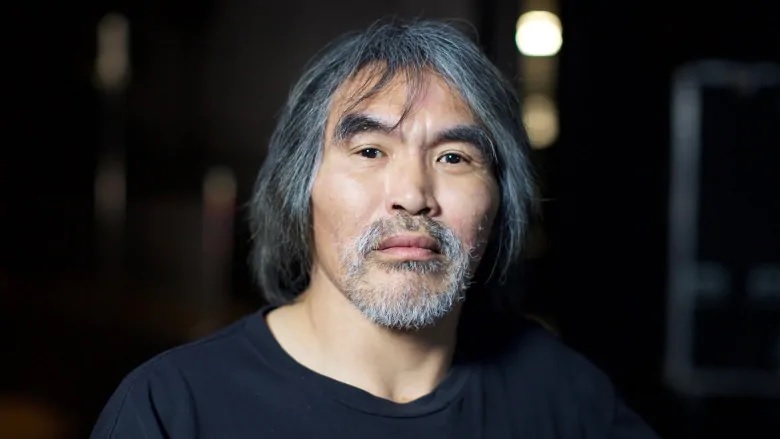
“When I did get it, it was like ‘I have it in my hand.’ I’m actually holding it and this is written by a woman who is way across on the other side of the world, who I’ve never met. We’ve never met each other,” he said.
“We don’t know each other but to have her write the book, it was exciting.”
Gierak-Onoszko said Poland isn’t in a place where it’s willing to accept the church has wronged some people.
She hopes the country can get there in her kids’ generation. She said she talks about Obed with her sons, because she feels “he’s a figure my kids can learn from. To be resilient and to be courageous.”
When asked what he thought about people connecting to his story from their own experience of abuse, Obed said recognition from religious leaders and the state would bring closure, for some.
“I hope that they get the help they deserve. I hope they get the answers that they hope to get,” he said.
“It will always stay with us … It’s how we deal with it and how we cope.”
The book is 370 pages, or 14 chapters, long.
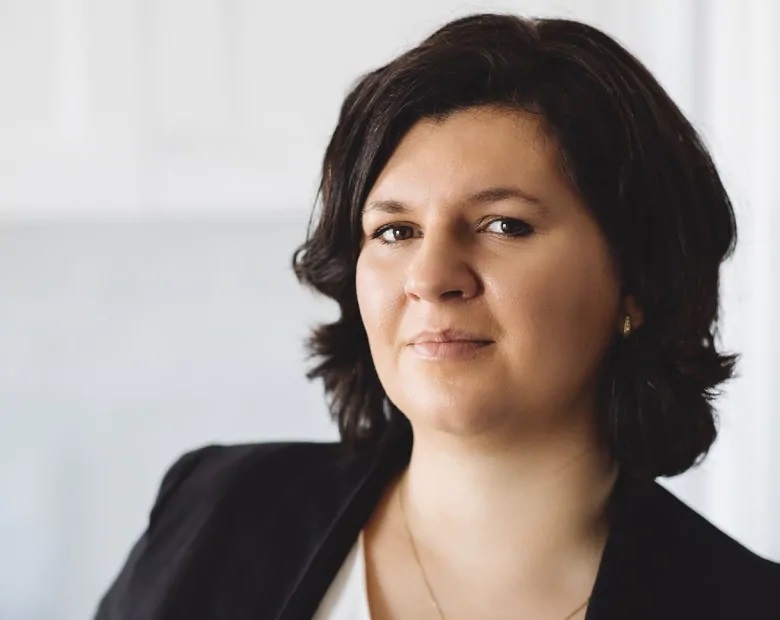
Gierak-Onoszko isn’t sure how many copies have been sold but she said about 4,000 books were originally printed and her publisher has been selling copies online because of demand.
Her publisher is exploring the possibility of translating the book into English.
If that happens, Obed said he’d be taking it in cover to cover. There have been numerous news articles about his experience. But this is the first book.
“I would really like to read it.”
Related stories from around the North:
Canada: Student in Arctic Canada sits during national anthem to ‘make a statement’ about residential school curriculum, CBC News
Norway: Inuit, Sami leading the way in Indigenous self-determination, study says, CBC News
Sweden: Sami abused in Sweden’s church-run schools, Radio Sweden
United States: Governor Walker apologizes for historical trauma at Alaska Federation of Natives convention, Alaska Public Media

